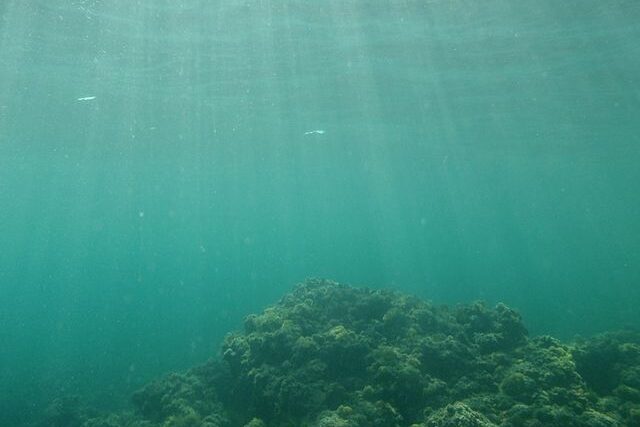
Rewilding seas: Some waters off England to get full protection.
As part of new measures to restore the health of the sea, three areas of water off the coast of England will receive the strictest environmental protections that can be given.
All activities that damage the sea bed, such as mining and cable laying, will be outlawed, including fishing.
At two additional locations, plans to establish Highly Protected Marine Areas (HPMAs) have been shelved.
The plans, according to critics, lack ambition and progress is far too slow.
The protected areas, according to Professor Callum Roberts of the University of Exeter, would have a significant impact on the marine life within them, but they only covered 0.5% of the English seas.
“At this rate of progress it’ll take 260 years to get to the level of protection that science says is needed – which is 30% of the seas highly protected,” he said.
The Wildlife Trusts stated that they would be contacting the government to request the designation of additional marine protected areas as soon as possible.
“I’m totally dismayed that the government has only decided to designate three of the five proposed HPMAs,” said head of marine conservation, Dr Lissa Batey,
“They’re a good first step but we really need to do more if we’re to turn the tide on nature’s recovery and bring wildlife back.”
Richard Hill, of the Marine Conservation Society, echoed her words: “It’s a step forward, but a baby step,” he said. “It’s a shame the government isn’t being a bit more ambitious in protecting our seas.”
The following areas require complete protection:
– Cumbria’s Allonby Bay: inshore waters that are home to a wide variety of marine life, including anemones, sponges, soft coral, seaweed, sea squirt, and honeycomb worm-built living reefs.
– Head of Dolphin: a large body of water far off the Sussex Coast that is home to fish, dolphins, porpoises, seabirds, and other marine life.
– 35 miles (55 kilometres) off the coast of Northumberland, to the north-east of Farnes Deep: the seabed is wealthy in unusual and uncommon daily routine structures including long-experienced molluscs and squat lobsters. Seabirds and marine mammals abound in the waters, including the white-beaked dolphin.
At Holy Island in Northumberland, proposals were shelved due to concerns that a fishing ban could wreak havoc on the region’s economy.
Trevelyan Inner Silver Pit South, 16 miles (26 kilometeres) off the coast of Lincolnshire, was also left out of a similar plan. Cod, plaice, herring, and sole are all caught here.
As part of a goal to protect 30% of marine waters by 2030, the new plan gives full protection to three areas off the coast of England from damage caused by mining, development, and fishing.
A spokesman for the Department of Environment, Food and Rural Affairs said: “Highly Protected Marine Areas will offer the highest levels of protection in our seas, helping a wide range of marine habitats and species to fully recover.”
By 2026, ministers in Scotland have pledged to designate at least 10% of Scotland’s seas as HPMAs.
Oceans are feeling the squeeze following many years of over-abuse, contamination and environmental change. Even though 38% of the seas around the British Isles have been designated as marine reserves, many of them are still subject to harmful fishing methods like bottom-trawling, in which fishing gear is dragged along the sea bed.
——————————————————————————
At Natural World Fund, we are passionate about stopping the decline in our wildlife.
The declines in our wildlife is shocking and frightening. Without much more support, many of the animals we know and love will continue in their declines towards extinction.
When you help to restore a patch of degraded land through rewilding to forests, meadows, or wetlands, you have a massive impact on the biodiversity at a local level. You give animals a home and food that they otherwise would not have had, and it has a positive snowball effect for the food chain.
We are convinced that this is much better for the UK than growing lots of fast-growing coniferous trees, solely to remove carbon, that don’t actually help our animals to thrive.
This is why we stand for restoring nature in the UK through responsible rewilding. For us, it is the right thing to do. Let’s do what’s right for nature!
Support our work today at https://naturalworldfund.com/ and join in the solution!


Thank you for the information